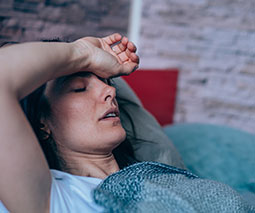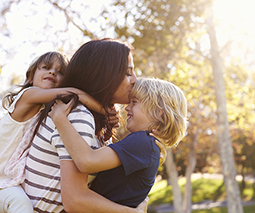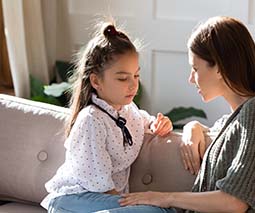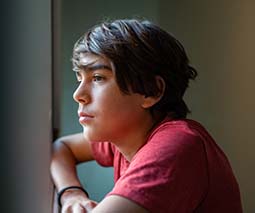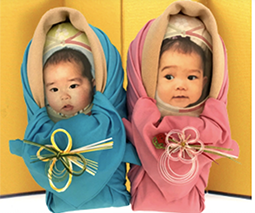Baby not sleeping through the night? Science says not to worry
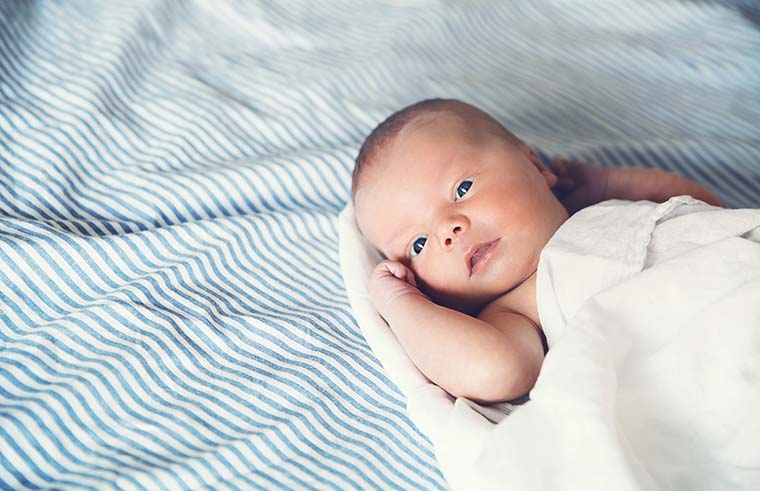
A new study has found that the idea of a baby “sleeping through the night” has little basis in reality.
Half of babies not sleeping all night
The study by McGill University looked at the sleep habits of just under 400 babies to find out more about when infants might begin to “sleep through the night”.
Researchers defined sleeping through the night as a baby sleeping from six or eight hours without waking up, as documented by their mums.
- At six months, 38 percent of typically developing infants were not yet sleeping at least six consecutive hours at night and more than half (57 percent) weren’t sleeping eight hours.
- At twelve months old, 28 percent of infants weren’t yet sleeping six hours straight at night, and 43 percent weren’t staying asleep eight hours.
Surprising findings
The researchers noticed a difference between the sleep patterns of baby boys and girls too. At six months, slightly more girls than boys slept for eight hours straight (48 percent compared to 39 percent.)
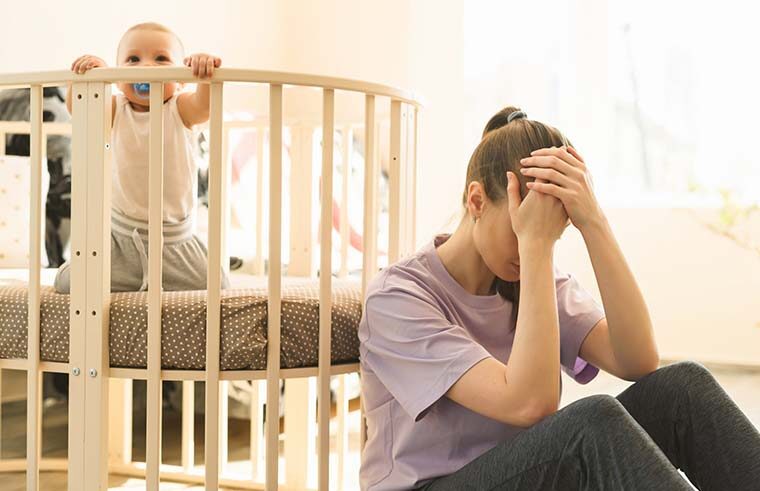
While researchers surprisingly found no correlation between a mother’s mood and her child’s night waking, they did find that babies who didn’t sleep for six or eight uninterrupted hours had a higher rate of breastfeeding, which they said provides benefits for mum and child.
In other words – if they’re breastfeeding – there are benefits to babies waking up through the night.
Rethinking baby sleep
Lead researcher Marie-Hélène Pennestri from McGill University says these findings suggest we might need a rethink of maternal wellbeing and ‘normal’ baby sleep habits.
“Our findings suggest parents might benefit from more education about the normal development of — and wide variability in — infants’ sleep-wake cycles instead of only focusing on methods and interventions, especially for those who feel stressed about methods such as delayed response to crying.”
“Maternal sleep deprivation is often invoked to support the introduction of early behavioural interventions, but it may be that mothers’ expectations about being awakened at night along with the total number of hours they sleep over the course of a day are better predictors of maternal wellbeing. It is something that will need to be considered in future studies.”
 Need some more baby sleep advice? Our Parent School sleep experts can help. Click to find out more or book a one-on-one session.
Need some more baby sleep advice? Our Parent School sleep experts can help. Click to find out more or book a one-on-one session.

